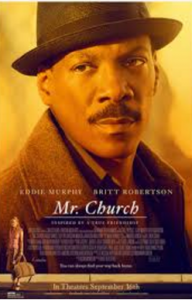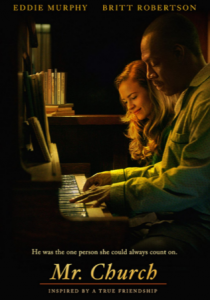 The Supreme Court on December 2, 2016, agreed to review an en banc Federal Circuit decision that no changes to the Federal Circuit’s law of patent exhaustion are required by the Supreme Court’s decisions in Kirtsaeng v. John Wiley & Sons, Inc., 133 S. Ct. 1351 (2012), and Quanta Computer, Inc. v. LG Electronics, Inc., 553 U.S. 617 (2008). Impression Products, Inc., v. Lexmark International, Inc., U.S., No. 15-1189, cert. granted 12/2/2016.
The Supreme Court on December 2, 2016, agreed to review an en banc Federal Circuit decision that no changes to the Federal Circuit’s law of patent exhaustion are required by the Supreme Court’s decisions in Kirtsaeng v. John Wiley & Sons, Inc., 133 S. Ct. 1351 (2012), and Quanta Computer, Inc. v. LG Electronics, Inc., 553 U.S. 617 (2008). Impression Products, Inc., v. Lexmark International, Inc., U.S., No. 15-1189, cert. granted 12/2/2016.
En Banc Federal Circuit Decision
In a 10-2 decision, the en banc Federal Circuit held that a patentee, when selling a patented article subject to a single-use/no-resale restriction that is lawful and clearly communicated to the purchaser, does not by that sale give the buyer, or downstream buyers, the resale/reuse authority that has been expressly denied. 816 F.3d 721 (2016). It also held that a U.S. patentee, merely by selling or authorizing the sale of a U.S.-patented article abroad, does not authorize the buyer to import the article and sell and use it in the United States, which are infringing acts absent patentee-conferred authority. Judge Dyk filed a dissenting opinion, which was joined by Judge Hughes, generally agreeing with the position argued in the government’s amicus brief.
The Justice Department told the Federal Circuit (and later the Supreme Court in urging review) that foreign sales may exhaust patent rights unless the patentee reserves its rights, and that Mallinckrodt Inc. v. Medipart, Inc., 976 F.2d 700 (Fed. Cir. 1992), should be overruled because it erroneously held that patentees can impose servitudes on chattels with post-sale restrictions.
Continue reading









